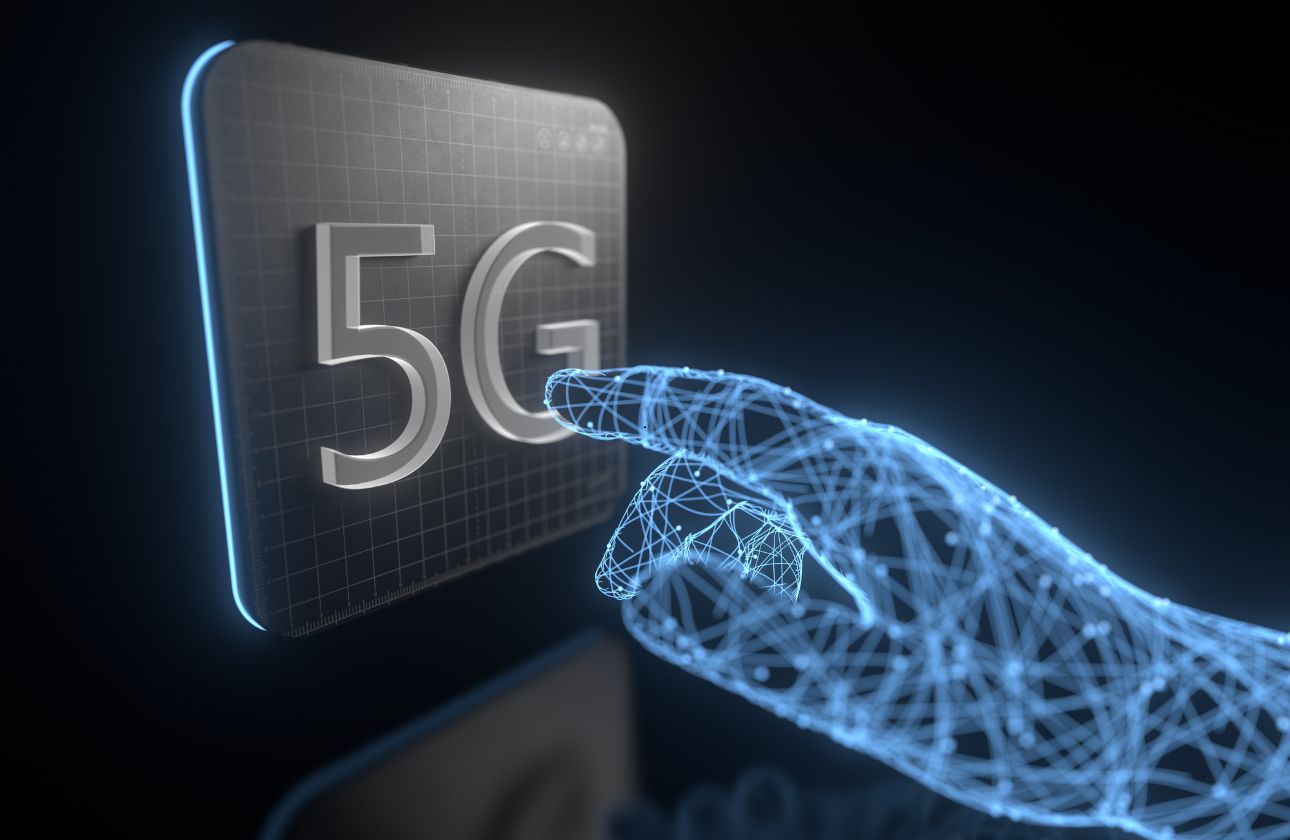The Impact of 5G Technology
In the ever-evolving world of technology, 5G technology stands out as one of the most significant advancements in recent years. This next-generation wireless network promises unprecedented speeds, lower latency, and enhanced connectivity, transforming how we access and use the internet. Let’s explore the profound impact of 5G on internet connectivity and what it means for the future.
What is 5G Technology?
5G, or the fifth generation of wireless technology, is designed to provide faster data speeds, more reliable connections, and the capacity to connect more devices simultaneously. Compared to its predecessor 4G, 5G offers speeds up to 100 times faster, with latency as low as 1 millisecond.
Key Benefits of 5G on Internet Connectivity
1. Lightning-Fast Speeds: 5G offers download speeds of up to 10 Gbps, allowing users to stream 4K videos, download large files, and browse with virtually no lag. This speed revolutionizes online experiences, making buffering and long load times a thing of the past.
2. Ultra-Low Latency: With latency reduced to just 1 millisecond, 5G ensures real-time communication and interaction. This is crucial for applications like online gaming, video conferencing, and remote surgeries, where even slight delays can have significant impacts.
3. Enhanced Connectivity: 5G can support up to 1 million devices per square kilometer, making it ideal for smart cities, IoT ecosystems, and densely populated areas. This capability ensures seamless internet access even in high-traffic zones.
4. Improved Reliability: 5G networks offer more stable and consistent connections, minimizing drops and disruptions. This reliability is essential for businesses, remote workers, and emergency services that depend on uninterrupted connectivity.
5. Greater Bandwidth: 5G’s increased bandwidth allows for better performance in data-heavy applications like virtual reality (VR), augmented reality (AR), and cloud gaming. This opens up new possibilities for entertainment, education, and remote work.
Real-World Applications of 5G
-
Smart Homes and IoT: Devices like smart thermostats, security systems, and home assistants will function more efficiently with faster and more reliable internet.
-
Autonomous Vehicles: 5G enables real-time data exchange between vehicles and infrastructure, improving safety and navigation.
-
Healthcare: Remote surgeries and telemedicine become more feasible with low-latency, high-speed connections.
-
Entertainment: Enhanced streaming, gaming, and immersive experiences through AR and VR.
Challenges and Considerations
Despite its benefits, 5G adoption faces challenges like high infrastructure costs, limited coverage in rural areas, and security concerns. Addressing these issues is crucial for widespread implementation and equitable access.
5G technology is set to revolutionize internet connectivity, offering unprecedented speed, reliability, and capacity. As 5G networks expand, their impact on industries, daily life, and global communication will only grow. Embracing this technology will unlock new opportunities and drive innovation across sectors.




Comments (0)